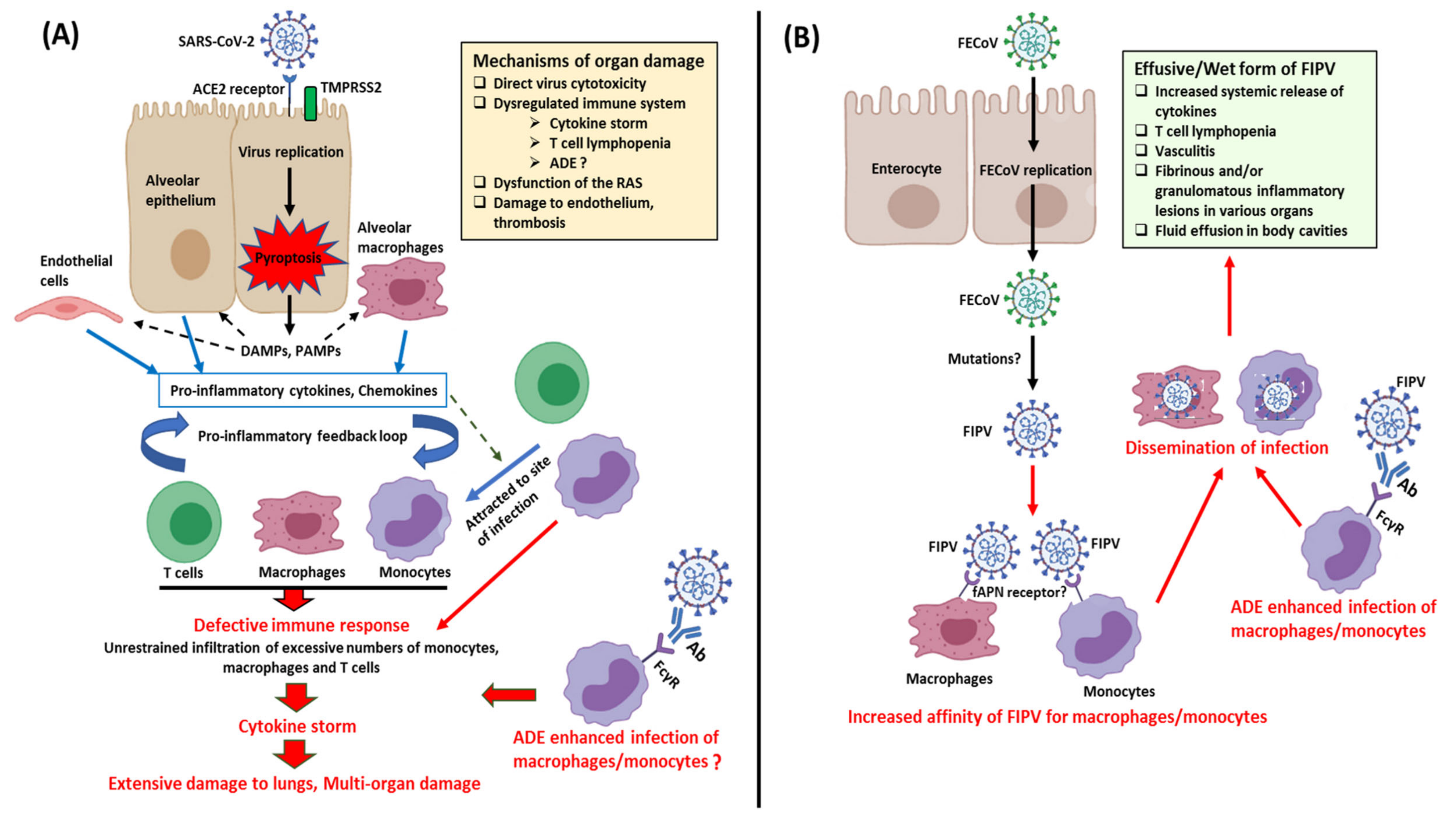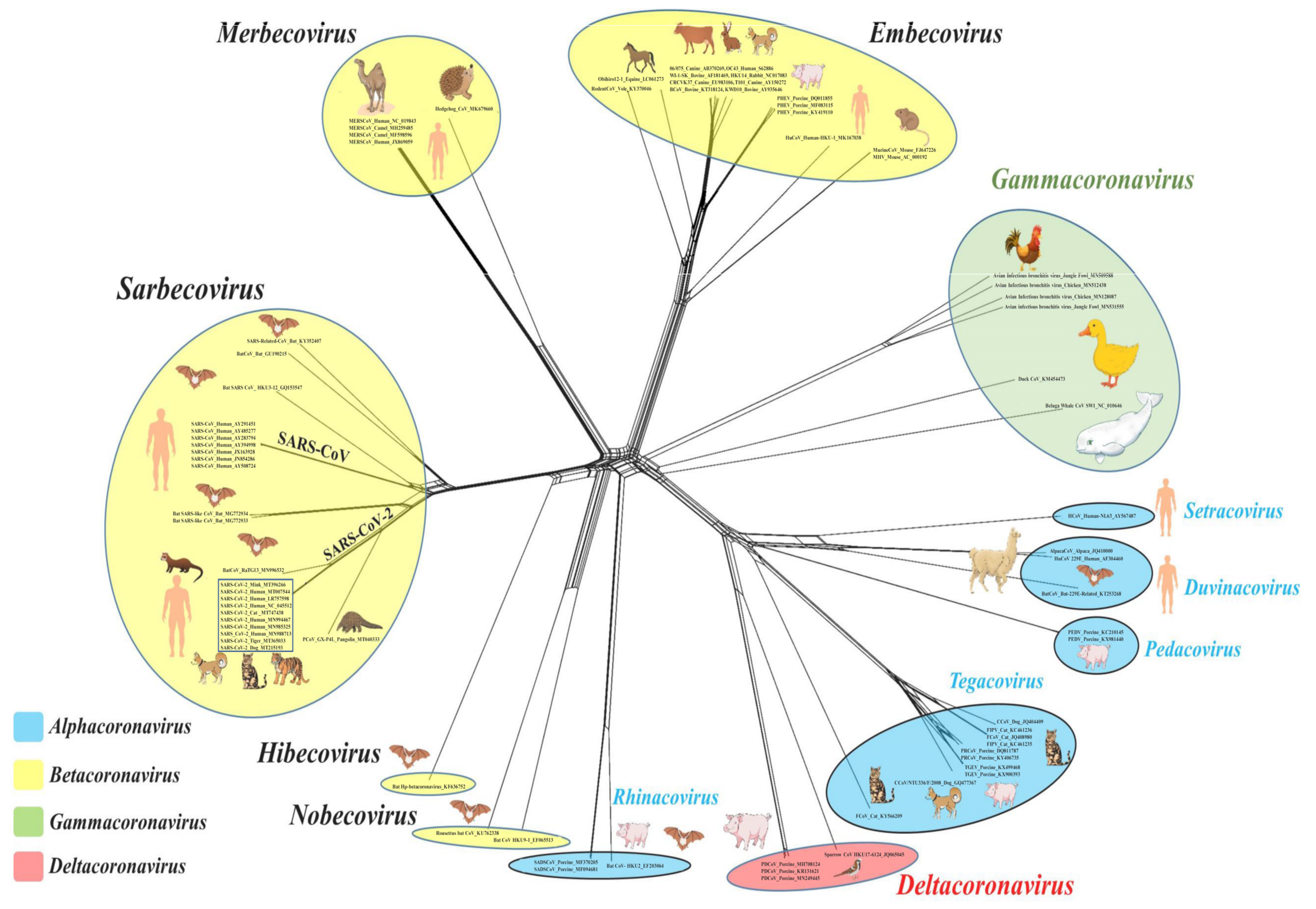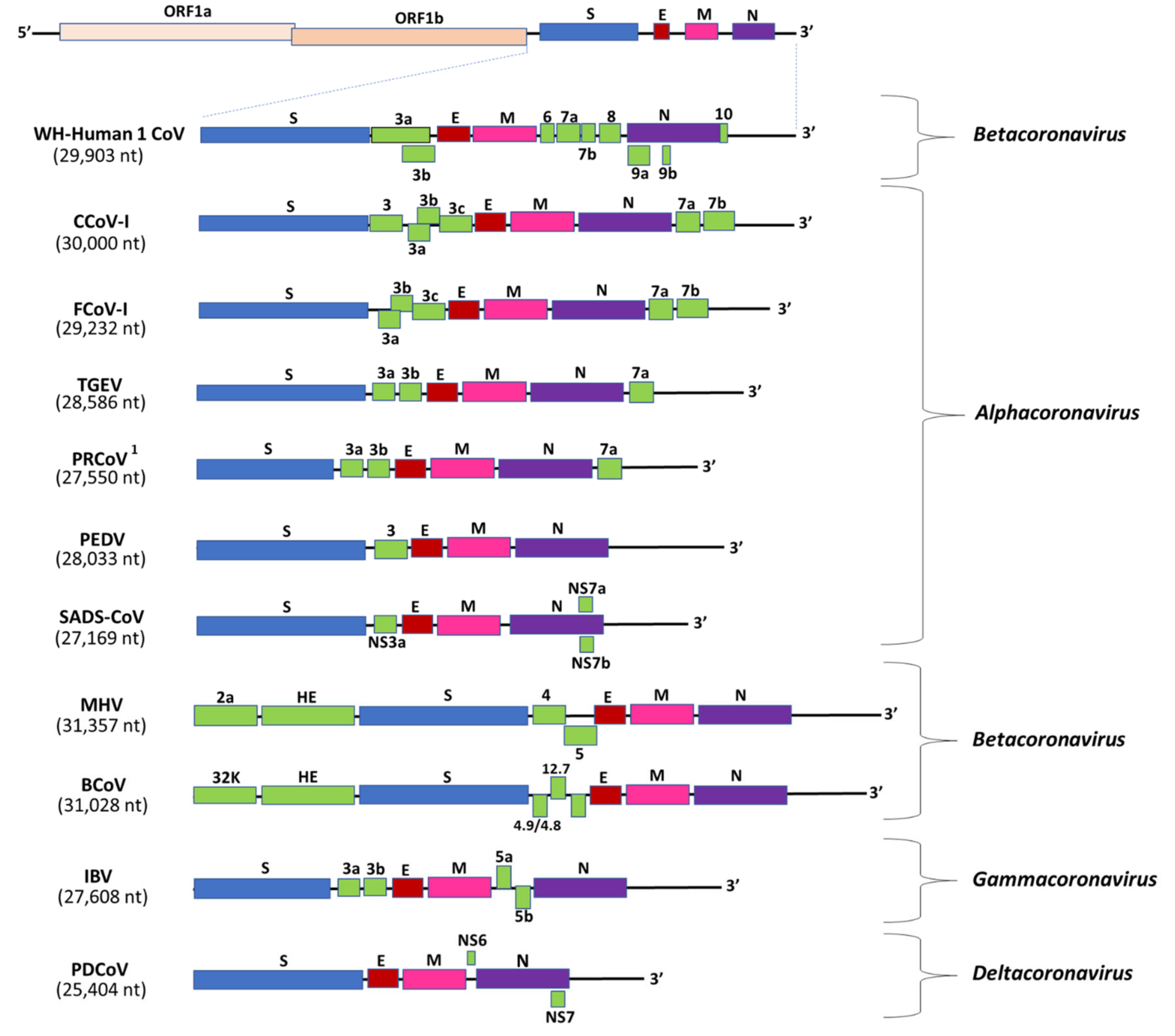Coronavirus In Cats Fip

Scientists dont yet understand how the relatively benign coronavirus is turned into the fatal FIP.
Coronavirus in cats fip. Niels Pedersen at the UC. In rare cases the coronavirus may mutate to a more virulent form which is able to weaken the cats immune system and spread. Investigators are still unsure of the routes by which strains of coronavirus are transmitted between cats.
Feline infectious peritonitis FIP is a fatal disease suffered by cats and kittens. It generally causes asymptomatic infection but can cause mild diarrhea. Most cats develop the feline coronavirus at some point in their lives but show little to no symptoms.
Feline infectious peritonitis is a fatal disease suffered by cats and kittens. FIP is a disease caused by a mutated changed strain of feline coronavirus. He says the drug works by blocking the viruss ability to replicate.
The etiologic agent the feline coronavirus FCoV occurs in two distinct pathotypes that can be distinguished by their biological behavior but not by their morphology. The so-called enteric coronavirus is mainly restricted to the intestines. Cats living with other felines are also more likely to develop the disease.
One theory why some cats develop FIP is that in these cats the virus undergoes mutation to a more virulent strain after the initial infection. In most cats the coronavirus normally stays in the intestines and either causes no problems or just mild diarrhea. The disease is most common in young cats aged six weeks to two years old.
A working diagnosis of FIP is typically made on the basis of the cats clinical history as well as supportive. Positive FECV antibody titers are indicative only of exposure to the virus and are not suggestive of the etiology of the current disease do not correlate with the risk of developing FIP and are not diagnostic for FIP. Unfortunately routine blood testing for feline coronavirus is not clinically useful.

















